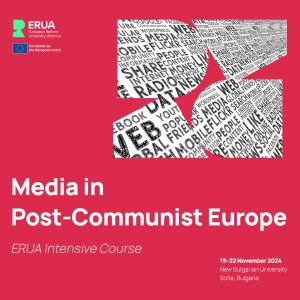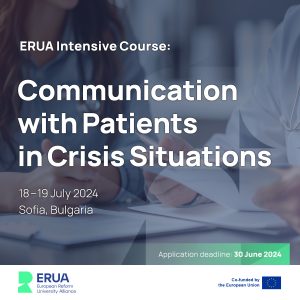This course introduces the Nordic Urban Planning Studies programme by presenting core current approaches to urban planning and by discussing key theories, themes and forms of knowledge in the field. Drawing on varied social science disciplines, the course addresses how different forms of knowledge, understanding and visions can be used to develop plans and planning practices that frame and guide future action.
The course starts by introducing and discussing distinctive histories, challenges and potentialities of Nordic urban planning, situating these in the context of the development of (post)welfare states. The following sessions present key themes and concerns within current urban planning more broadly, considering Nordic perspectives in relation to approaches developed in a global context where cities have become central to many social and environmental challenges of our times. Local and international case studies and empirical examples are used to exemplify and explore different planning theories, strategies and processes.
The course is framed by presentations and a panel discussion with lecturers from all three partner universities at NUPS (Roskilde University, Malmö University, and UiT The Arctic University of Norway). Themes addressed through later sessions in the course may include network planning, social innovation, participatory planning, sustainability and the commons, mobilities policies, and planning for diversity.
Duration: 23 days (8 lessons)
Contact your local ERUA coordinator for application information.





